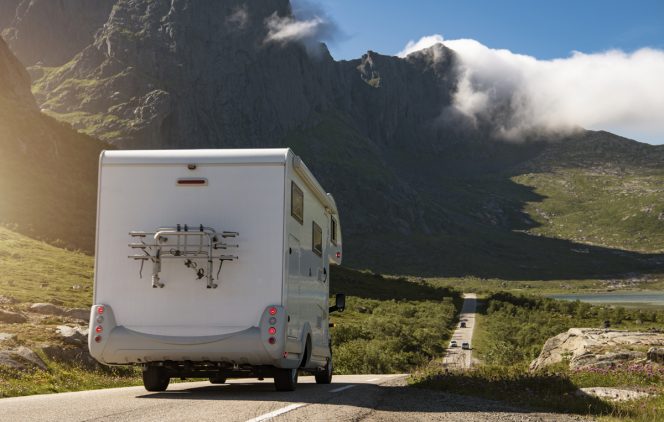All You Need To Know About Temporary RV Insurance
If you are planning to hit the road for a short or long trip, RV insurance is a necessity. Yet, finding affordable and convenient insurance plans can be a bit difficult.
Here are the steps, requirements and costs for anyone looking into temporary RV insurance:
Temporary RV Insurance Requirements
The first thing anyone considering temporary insurance needs to know is the requirements for these packages. Generally, most insurance companies tend to only rent to people aged 25 and up. Of course, it is possible to get insurance if you are younger than 25, but a rental may be out of the question. There are policies that will exclude anyone under the age of 25, unfortunately.
After fulfilling the age requirement, the next steps are figuring out deductibles and limitations. Make sure your policy is high enough to cover any potential damages. Even small accidents can cost thousands of dollars!
Typical RV rental rates will be based on these factors:
RV Type:
Since there are a number of different types of RVs and motorhomes, it isn’t possible to calculate an expected cost until the make, model, and other particulars of your RV are considered.
Age/Condition Of RV:
Wear and tear is a reality, and one that is a chief determining factor when determining insurance rates for your RV.
Your Driving Record:
Driving an RV and driving a car aren’t comparable for first-time drivers, and there is often an adjustment period where new drivers familiarize with blind spots, back swing when cutting tight corners, height restrictions in garages and bridges, as well as other considerations that come with driving an RV. Meanwhile, experienced RV drivers are less risky to insurance companies than new RV drivers.
As most of us are well aware, when applying for insurance, your history matters. People with a history of traffic violations or those that have been in a number of documented accidents are a higher risk to insurance companies than drivers with a clean history.
Area Of Residence:
Areas with high rates of thefts and accidents normally have high insurance premiums. So do mountainous areas or those that see extreme weather like excessive snow, blizzards and storms.
Travel Destination:
Where you normally travel to and how much distance you normally cover in your RV matters to insurance companies. If you only cover short distances you are likely to face less accidents than if you were travelling hundreds of miles on a regular basis.
Time On The Road:
If you drive occasionally you’re a lesser risk than drivers that spend months on the road or if your RV is also your primary residence. This is mainly because you’re spending more time on the road, making you more susceptible to accidents, and also because of the home insurance cover that your RV will be subjected to.
Your Insurance Claims History:
As you file claims on your policy your insurance costs will rise. This might become unmanageable if you’re a new driver that gets into scrapes and accidents while getting accustomed to RV navigation. It’s always advisable to manage some of these costs on your own expense to keep your insurance premiums low.
How Much Does Temporary RV Insurance Cost?
On average, temporary insurance rates can cost anywhere from $15-$30 per day, according to RVshare.
A Class C RV insurance policy may cost as low as $1,000, while Class A insurance can easily cost upwards of $2,000, for full-timers. RV size is one of the biggest factors influencing cost. Insurance agencies in the U.S. generally use three different class sizes to rate RVs. Full-size luxury motor homes that often provide year-round housing for the drivers are considered Class A. Class B RVs are a bit smaller, but can be lived in, as well. Class C RVs are the smallest of the three classes.
The resale value of the RV is an important factor when figuring out policy price. Of course, a new and more expensive RV will cost more to insure than a used RV.
